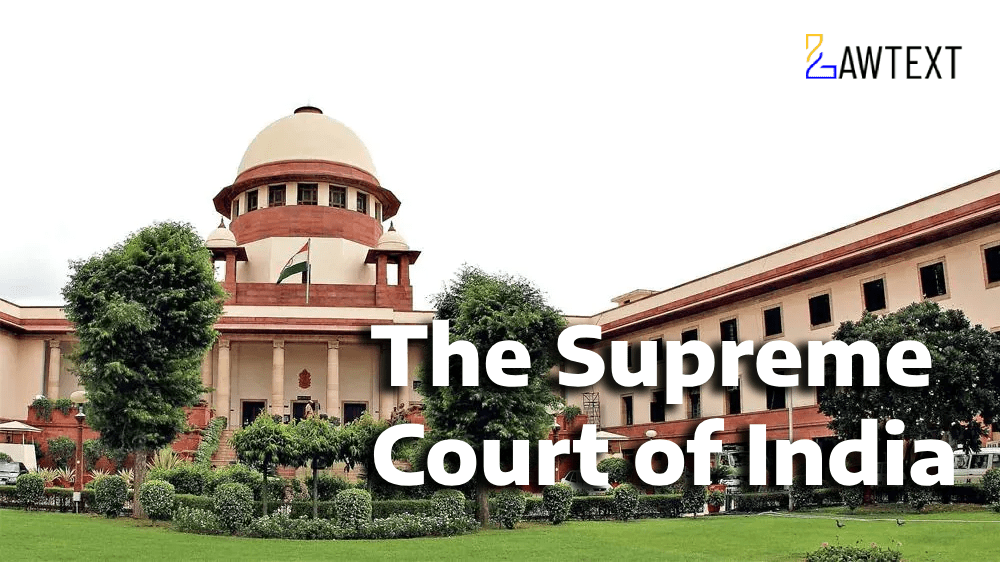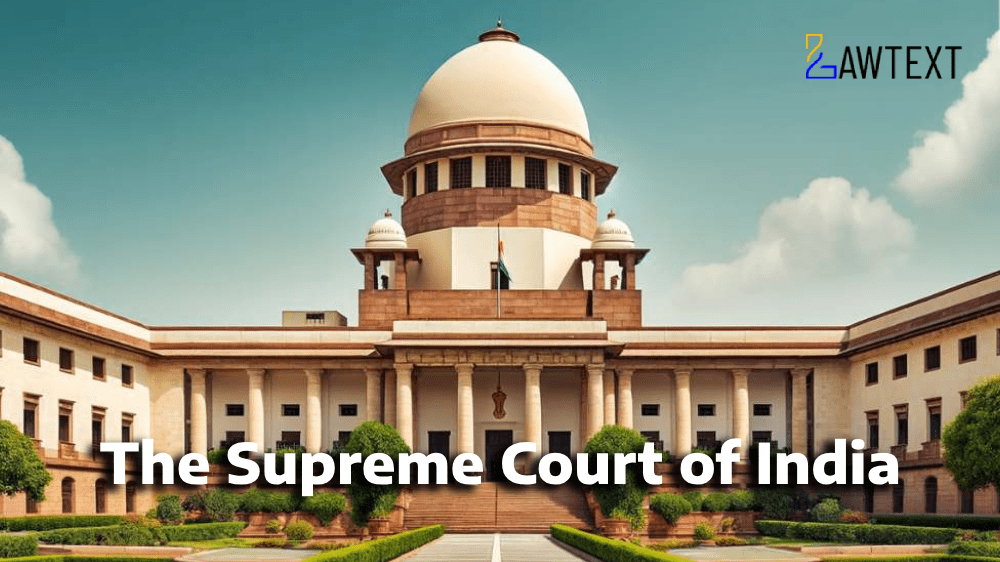Case Note & Summary
The Supreme Court dismissed the appeal filed by the defendant-appellant S.K. Golam Lalchand, who claimed to have purchased an entire property from Brij Mohan. The court held that Brij Mohan alone was not competent to transfer the entire undivided joint property. The sale deed could only be valid for Brij Mohan's undivided share, and any transfer of the entire property without partition is not legally binding on other co-owners.
The dispute involved property purchased by two brothers, late Salik Ram and late Sita Ram, and their respective heirs. No evidence was provided to show that Salik Ram had gifted his share to Sita Ram or that Sita Ram’s daughters relinquished their rights in favor of their brother Brij Mohan.
The court affirmed that the property remained undivided, and Brij Mohan could only transfer his own share, leaving the rest for partition among co-owners.
Property Details:
The property under dispute measures 6 Cottahs 1 Chittack and 30 sq. ft. at 100/3 Carry Road, Howrah, consisting of 17 rooms and huts. The property was purchased jointly by two brothers, Sita Ram and Salik Ram, in 1959.Plaintiff’s Claim:
The plaintiff-respondent, Nandu Lal, claimed joint ownership of the property along with other family members. He challenged the sale of the entire property by Brij Mohan, Sita Ram’s son, to the defendant-appellant, S.K. Golam Lalchand.Defendant’s Claim:
The defendant-appellant S.K. Golam Lalchand argued that Brij Mohan had acquired sole ownership of the property through a gift from his uncle Salik Ram and a family settlement. Lalchand purchased the entire property from Brij Mohan.Trial Court Ruling:
The Trial Court dismissed the suit, holding that the plaintiff failed to prove possession of the property.Appellate and High Court Findings:
The First Appellate Court reversed the Trial Court decision, ruling that the property had not been partitioned, and thus Brij Mohan could not sell the entire property. The High Court upheld the First Appellate Court's judgment.Supreme Court Ruling:
The Supreme Court dismissed the defendant’s appeal, holding that Brij Mohan could not transfer the entire property without partition, and the sale deed was only valid for his undivided share. The sale deed executed by Brij Mohan could not bind the other co-owners of the property. Acts and Sections Discussed: Transfer of Property Act, 1882: Section 44 was discussed, stating that a co-owner cannot transfer property beyond his undivided share without partition. Specific Relief Act, 1963: Section 31 (Discretionary Power to cancel an instrument) was briefly discussed regarding the necessity of seeking cancellation of the sale deed. Ratio Decidendi:The sale of joint property by a co-owner is restricted to their undivided share unless the property has been partitioned by metes and bounds. Brij Mohan, being a co-owner, had no right to sell the entire property without such partition, making the sale deed invalid except for his share.
Subject : Co-ownership, Partition, Validity of Sale Deed, Joint Property, Co-owners, Partition, Property Rights, Inheritance
Issue of Consideration: SK. GOLAM LALCHAND VERSUS NANDU LAL SHAW @ NAND LAL KESHRI @ NANDU LAL BAYES & ORS.
Premium Content
The Issue of Consideration is only available to subscribed members.
Subscribe Now to access critical case issues





